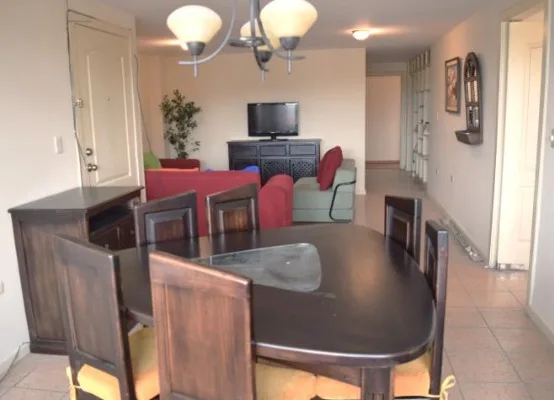New program aims at involving citizens in crime prevention; Quito neighborhood is first participant
Officials from Ecuador’s Ministry of the Interior and National Police presented a new citizens’ manual last week that aims at involving local communities in the fight against crime. The “Guide for Civilian Safety, Civilian Solidarity” was introduced in the south Quito neighborhood of Solada, and will be distributed nationwide in coordination with Ecuador’s approximately 1,700 Community Police Units (UPC).
According to President Rafael Correa, the program’s objective is to engage civil society in helping prevent crime in eight areas: domestic violence, gender violence, gang activity, robbery and theft, drug trafficking, exploitation, alcoholism, and human trafficking.
The program is part of Ecuador’s “New Model of State Management and Decentralization.”
“The interesting part of this initiative is the concept of community involvement, because it encourages citizens to interact and collaborate with their neighbors when they are in trouble, and in this way arrive at practical solutions,” said Interior Minister José Serrano.
A civilian police force?
The citizens’ guide will be distributed among UPC members and establishes criteria for reporting various crimes, as well as unifying rules for each local community assembly. Local assemblies will work alongside police to determine which issues should be focused on in each neighborhood.
“The idea is to have the community work with the UPC to determine and help prevent the crime that is causing security issues in their area,” said Luis Varese, a security advisor to the Ministry of the Interior. Varese dismissed the idea that civilians will be physically engaged in combating crime under this program.
Byron Leap, a Solanda community leader, said he is in favor of the new safety guide and a closer working relationship with the police, citing ongoing problems in his community with gender violence and drug trafficking.
Manuel Varese, director of the Ministry of the Interior Human Trafficking Department, emphasized the idea of community solidarity, suggesting Ecuadorians often deny their neighbors help when problems arise. According to Varese, many Ecuadorian crime victims say their neighbors “just watched” or did nothing when they were in danger.
The Ministry of the Interior also published a statement advising Ecuadorians on issues such as “the consumption of alcohol, cachinerías (businesses dedicated to the sale of stolen goods), the chulco (usury), domestic violence, gender violence, theft, youth relations, how to spend free time, among other issues involving daily life in local neighborhoods.”
The ministry adds that their proposal “aims to create a space for citizens to meet and generate ideas that achieve social harmony and good living,” a major objective of the Correa administration.
Secretariat for ‘Good Living’
Correa created the General Secretariat for Planning Good Living in June 2013, under the National Secretariat for Planning and Development.
“The National Secretariat for Planning and Development is the public institution in charge of national planning in a participatory, inclusive, and cordial manner to achieve Good Living for all Ecuadorians,” states the official website.
The subsecretariat is tasked with the “investigation, promotion, evaluation, encouragement, and defense of the practices for the establishment of the new civic coexistence, based on Good Living.”
Serrano, who claims that crime in Ecuador has been reduced by more than 30% since 2009, says community involvement is critical in continuing the crime reduction trend.
Credit: PanAmPost, http://panampost.com





















